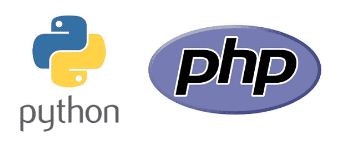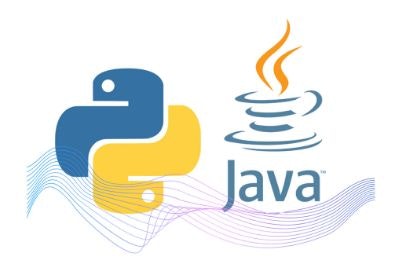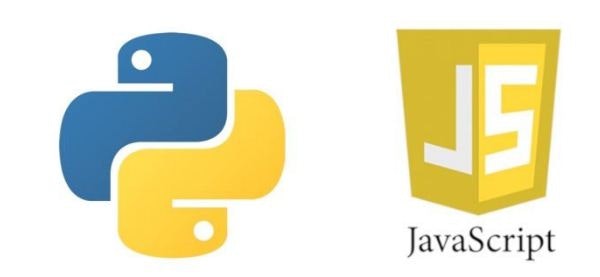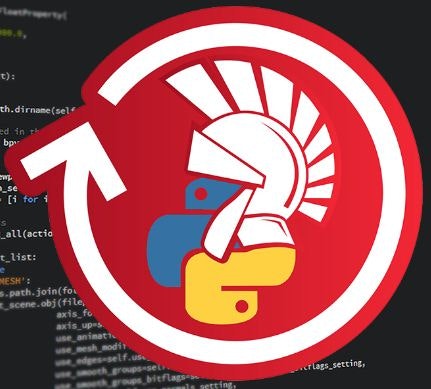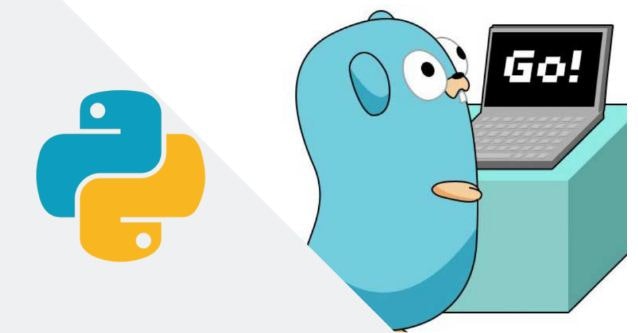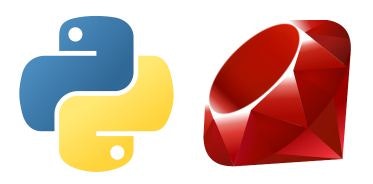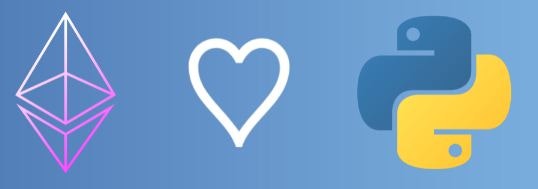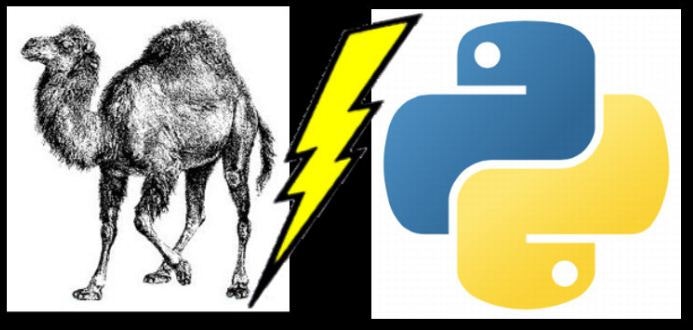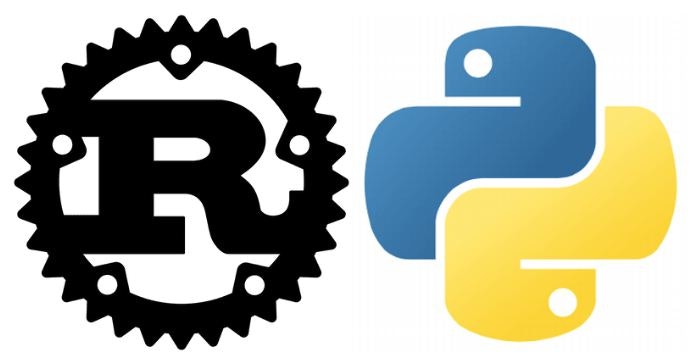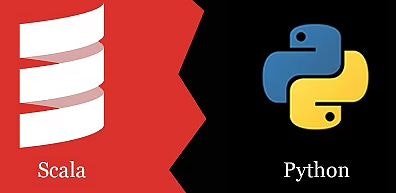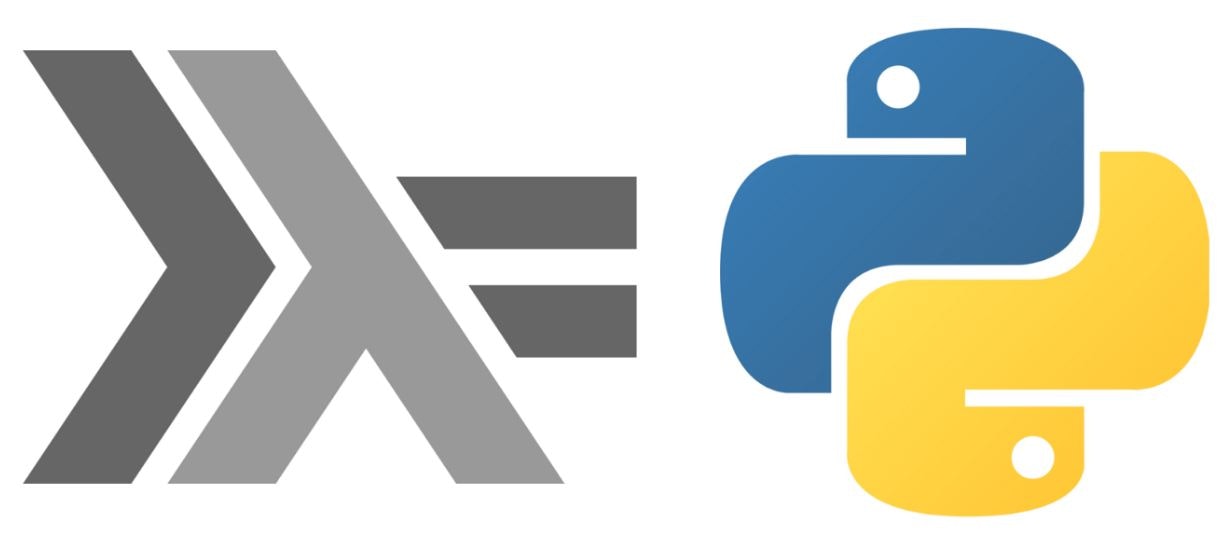Python vs Other Programming Languages
Nemanja Grubor
23 Jul 2021
•
7 min read
Introduction
In this article, we will compare Python with other programming languages. It is aimed at people who would like to see some advantages and disadvantages of Python, over other promgramming languages. Although some of these comparisons are a bit odd because of fundamental differences, it will still help you to know when to use which language.
In the next paragraphs, we will compare Python with the following languages:
- PHP
- Java
- JavaScript
- Delphi
- Golang
- Ruby
- Solidity
- Perl
- Rust
- Scala
- Haskell
Why Python?
Python is a very popular programming language. It is designed to be accessible. This makes writing Python code easy. An advantage of Python is the wide selection of libraries and frameworks it offers.
There are Python libraries for:
- machine learning
- data science
- data visualization
- natural language processing
- data analysis
- game development, and much more
Some Python frameworks:
- Django
- Flask
- Pyramid
- Twisted
- Falcon
One flaw of Python is the runtime, relatively slow when compared to other languages. There is a workaround for this flaw. When performance is a priority, Python gives the ability to integrate other languages, with higher performance, into the code.
Python is intuitive to read, especially for English speakers. It doesn't require as many lines of code as Java or C. Python's simplicity is particularly helpful in code readability. Because Python code has fewer lines and is English-like, reviewing it takes less time. Python is also scalable.
Comparing Python with PHP
Advantages of Python over PHP
-
Versatility. From data analytics, through machine learning, to web applications, there is little that Python can't do. Here, it beats PHP.
-
Structure. Python is more organized, secure, and easier to maintain. The proof of this is that Python has fewer releases than PHP.
-
Popularity. Python's applications in areas like AI, Machine Learning, and the Internet of Things (IoT), as well as many other uses that remain beyond the scope of PHP. Because of that, Python is much more popular.
Advantages of PHP over Python
PHP is easier to install than Python.
When to Use Python/PHP?
The decision of which of these technologies to use come down to the project requirements. If you are building a website or web service, you could go with both Python and PHP or any other web development technology. If the scope of your project varies more and includes e.g. machine learning, data analytics, or the Internet of Things, Python should be used.
Comparing Python with Java
Advantages of Python over Java
- Faster launch time. Python has a faster launch time than Java.
- User-friendly. Python is perfect for junior developers because it is user-friendly.
- Speed. Building a project with Java can take months because of its high code complexity and volume. This is the reason why projects written in Java often go on for years. Python doesn't have these problems. You can finish the whole project in a matter of months.
- Resources. Java development is a bigger investment, i.e. it requires more time and money. Python is less expensive, which is why it is the preferred choice.
- Trending technologies. No programming language is better suited for trending technologies (like machine learning and IoT) than Python. Python's design and features give it an advantage over all other languages for these trending technologies.
Advantages of Java over Python
- Faster run time. Java has a faster run time than Python.
- Stability. Java has enterprise-friendly library support. These libraries are the reason why Java is more stable than Python.
When to Use Python/Java?
If it is development speed you care about the most, use Python. If you value software stability above anything else, you should probably consider Java.
Comparing Python with JavaScript
Advantages of Python over JavaScript
- Better in CPU-intensive situations. Python is better in CPU-intensive situations.
- Better for backend and server-side scripting work
- Better for data analytics, machine learning, and AI. Python is better for data analytics, machine learning, and AI as it is easier to maintain and understand than JavaScript.
Advantages of JavaScript over Python
- Better I/O. JavaScript works better in I/O with big amounts of data to be processed in real-time.
- Web development. In terms of web development, environments like Node.js make JavaScript a more efficient choice at runtime.
- Better to build the frontend
When to Use Python/JavaScript?
Python and JavaScript are so different that comparing them can be ambiguous.
Comparing Python with Delphi
Advantages of Python over Delphi
- Multi-paradigm. Python and Delph both are object-oriented languages. However, Python is known to be both functional and object-oriented, i.e. multi-paradigm language. Delphi is purely procedural and inclined to the object-oriented dialect of Pascal.
Advantages of Delphi over Python
- Memory storage. Delphi has a higher storage capacity compared to Python.
When to Use Python/Delphi?
As with the comparison with JavaScript, the comparison of Python with Delphi can be ambiguous. For people working in government, healthcare, financial areas, as well as in business enterprises, it is wise to incorporate associated programming activities in Delphi.
For beginners, data analysts, and also in trending technologies mentioned before, Python would do better compared with Delphi.
Comparing Python with Golang
Advantages of Golang over Python
- Speed. Golang's performance is much faster than that of an interpreted and dynamically typed Python.
When to Use Python/Golang?
Neither of the two requires so much prior knowledge. The biggest difference between the two languages is in typing. Python is dynamically typed, while Golang is statically typed. Python is also an interpreted language, as opposed to Golang, which is a compiled language. The most optimal approach is to use Python and Golang together.
Comparing Python with Ruby
Advantages of Python over Ruby
- Popularity. Python enjoys much higher adoption rates among developers.
- Philosophy. The approach to solving problems is the greatest difference between Python and Ruby. While Python features simple solutions, Ruby usually offers more than one way to get something done.
Advantages of Ruby over Python
- Flexibility. Ruby's flexible syntax allows developers to come up with highly creative solutions.
When to Use Python/Ruby?
Python is a smarter choice if you could choose between the two. Anything you can do with Ruby can be done in Python. This rule doesn't apply other way around. There are plenty of areas where Python has a clear advantage over Python. Ruby has plenty to offer when it comes to web development.
Comparing Python with Solidity
Advantages of Solidity over Python
- Popularity. Solidity is the most popular language for writing smart contracts on Ethereum. Note that this is in the Blockchain domain.
When to Use Python/Solidity?
Blockchain application is a combination of smart contracts, a front-end interface, and plugins. Solidity is the most popular language for writing smart contracts on Ethereum. There are Python core libraries like Pyethereum that help you write smart contracts in Python, but they aren't much popular. To build a front-end we can use Python. The Web3 library is available in Python. Another popular option is JavaScript.
Comparing Python with Perl
Advantages of Python over Perl
- Readability. Perl is consistently reported to look unreadable.
When to Use Python/Perl?
Perl was a forerunner of open-source coding for multi-function and platform support. As a result, Perl is well integrated into websites and tools. Python seems to be taking Perl's place for the same function.
The idea behind Perl was that the language would grant a large amount of versatility to its users. Python requires very straightforward, one-answer solutions.
Comparing Python with Rust
Advantages of Rust over Python
- Performance. Rust is compiled directly into machine code, there is no virtual machine or interpreter sitting between the code and computer.
- Memory management. While Rust doesn't have garbage collection like Python, Rust's compiler enforces checks for invalid memory reference leaks or other irregular behavior.
- Parallel computing. Python has limitations when it comes to parallel computing. Python encourages only a single thread to execute at the same time to boost the performance of single threads.
When to Use Python/Rust?
Rust is used in system development, operating systems, enterprise systems, microcontroller applications, embedded systems, etc. Rust is a go-to language when performance matters because it works well for processing large amounts of data. It can handle CPU-intensive operations such as executing algorithms, which is why Rust is more suitable than Python for system development. Rust guarantees memory safety and lets you control thread behavior and how resources are allocated among threads. This enables you to build complex systems, which gives Rust an edge over Python.
Comparing Python with Scala
Advantages of Python over Scala
- Data Science applications. Python is the most preferred language of the Data Science community, thanks to its easy learning curve and an extensive network of libraries and tools.
Advantages of Scala over Python
- Code restoration. As Scala is statically typed, it is easier to find compile-time errors. Python is a dynamically typed language and is more prone to bugs. It is much easier to refactor or restore Scala code than Python code.
- Hadoop integration. Scala is perfectly compatible with the Hadoop ecosystem because it is built on top of Hadoop's filesystem. It can interact with Hadoop via Hadoop's native API in Java. This allows developers to write native Hadoop applications in Scala. Python cannot integrate or interact with Hadoop as smoothly as Scala.
When to Use Python/Scala?
While both languages are great for software development and building Data Science applications, their performance and practicality largely depend on their use cases.
Comparing Python with Haskell
Advantages of Haskell over Python
- Functional programming. Python has some support for a functional style of programming, but the profusion of side effects and the lack of built-in tail recursion optimization support makes it an awkward style to use in Python.
When to Use Python/Haskell?
Python and Haskell are an odd pair to compare, just like some of the previous comparisons in this article. They share a certain elegance of design
Conclusion
These comparisons will give you some insights into the advantages and disadvantages of Python over some other languages, and also when to use it. As we said in the Introduction, some of these comparisons are odd because of big differences, but you should still know when to use which language.
Nemanja Grubor
See other articles by Nemanja
WorksHub
Jobs
Locations
Articles
Ground Floor, Verse Building, 18 Brunswick Place, London, N1 6DZ
108 E 16th Street, New York, NY 10003
Subscribe to our newsletter
Join over 111,000 others and get access to exclusive content, job opportunities and more!
